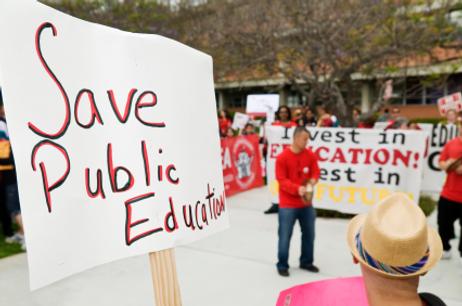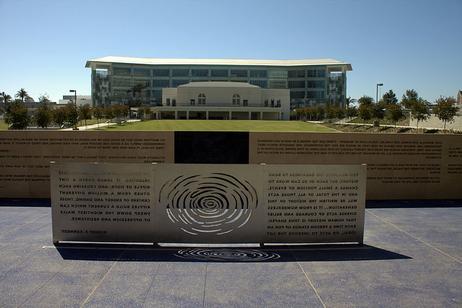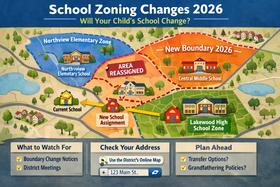Teacher unions have been a part of American education for well over a century, beginning with grassroots efforts to support teachers through improved salaries, benefits, and working conditions. The two national organizations, the s (AFT) and the (NEA), have paved the way for dozens of state and local teacher associations, often referred to as Independent Education Associations (IEAs). In light of education reform gaining speed nationwide, these teacher unions have recently been put in the spotlight – either as the major hurdle standing in the way of true reform, or a potentially valuable tool in bringing about the sort of change needed in education today.
This video offers an overview of the National Education Association.
History of the Teacher Union
According to the , the early beginnings of the teacher union can be traced all the way back to the early years of the 20th century, when city boards of education began the first efforts at education reform. While this early focus was positive in some respects - including raising the standards of teaching, ensuring student achievement, and rooting out corruption - teachers at the time did not feel like a significant part of the reform process. Teachers rebelled against the changes implemented by business leaders and education bureaucrats, and they began forming local associations that eventually grew into the






















